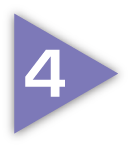
Accelerated Language Intelligence Application
ALIA is a distributed computing network that combines the untapped potential locked within millions of human brains with the latest advancements in artificial intelligence, cryptocurrency, and blockchain technology. ALIA leverages the properties of cryptocurrency to give individuals across the globe an incentive to contribute toward training and operating the most accurate and decentralized machine translation system that has ever existed. And it will only get better with time and increasing participation.
ALIA combines human intelligence and machine intelligence to produce highly accurate language translations by leveraging the latest advancements in Artificial Intelligence (AI) in the form of Neural Machine Translation (NMT), Natural Language Processing, Associative Graph Databases, and Semantic Reasoners. ALIA’s unique platform offers a powerful and affordable solution for people who could not previously access high-quality translation services. This creates a disruptive transformation to the large and fragmented language translation industry that is currently represented by large “black box” commercial interests. ALIA enables any bilingual person and any party with computational resources to directly participate in translating human language so the world can speak freely.
ALIA’s unique technology leverages the latest advancements in decentralized computing, blockchain, cryptocurrency, and Neural Machine Translation (NMT) to provide the forefront solution to a world market starving for affordable access to language translation services.
Access to affordable, fast, and highly accurate translation services is non-existent due to limited access, fragmentation, and price elasticity. The industry, as it is currently structured, fails to serve the world’s demand for translation services. The market for language services topped $43 billion in 2017, with translation accounting for the vast majority of all services. The demand so greatly overwhelms the supply that translation services must be priced at a relatively expensive price point to create an equilibrium, until now.
THE ALIA SOLUTION
ALIA meets the burgeoning global need for affordable, fast, and accurate language translation services by employing the latest advances in artificial intelligence, blockchain technology, and cryptocurrency to automate translations on a massive scale. Through its autonomous, distributed computing network architecture, ALIA enlists the participation of independent profit-seeking ‘miners’ to assist both in the training of a neural net in the acquisition of language translation skills and in the use of the resulting artificial intelligence to provide near real-time translation services to any user, at anytime, anywhere in the world with a network connection.
The ALIA Solution consists of 5 key components:

ALIA’s ‘brain’ consists of a neural net optimized to acquire human language translation capabilities. This neural net, which simulates the synaptic connections in the human brain, starts as a blank slate and acquires increasing capability through ‘training,’ which is accomplished by feeding it massive amounts of translated materials across many languages.

ALIA uses sophisticated data acquisition technology to build a training material database from both structured and unstructured language resources available on the Internet. ALIA calls its information acquisition engine the DynaLoader, and the resulting training database the VERBIS Repository.

ALIA’s network protocol allows independent participants to run network nodes that provide specialized computation work for using VERBIS materials to train the neural net in exchange for digital credits of ALIA tokens, the network’s native cryptocurrency. The resulting artificial intelligence with language translation capabilities is called a Language Model File.

ALIA gives users requiring language translation services request-only access to the network through thin client software. Users will submit their translation work order to the network through this simple interface, along with payment using ALIA tokens they have either earned as network participants or acquired from holders.

ALIA’s network protocol allows independent participants to run network nodes that use Language Model Files to return completed translation jobs to users in exchange for digital credits of ALIA tokens. Other node operators provide quality assurance through a consensus mechanism.
